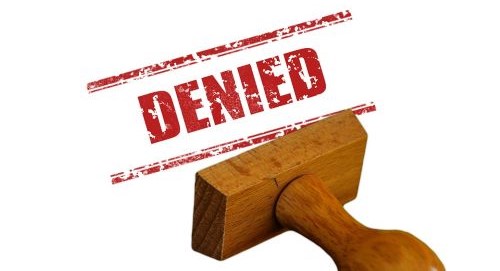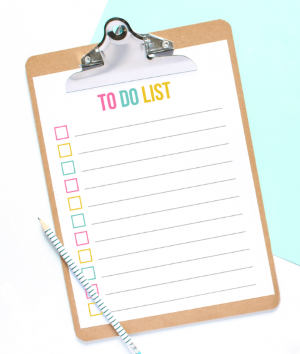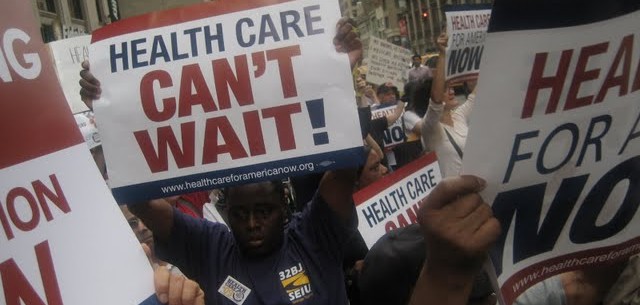Each year, March is budget month for our state government in Albany. In addition, this year is unique because one year ago today the first COVID-19 case was announced in New York. Since then, over 1.6 million New Yorkers have been infected, including 725,000 in New York City, and over 47,000 state residents have died with over 29,000 in New York City.

Over the next few weeks, Governor Cuomo and the State Legislature will be negotiating out a spending and tax plan for our next fiscal year that begins on April 1st. Now is time to contact them to speak up for what New Yorkers need to a) improve our public health, and b) expand access to health care. Both are matters that are so very important given the COVID-19 pandemic we are all coping with.
The state budget process begins in mid-January when the Governor releases his own proposals. Then the State Legislature holds a round of topic-specific public hearings on them ending by late February, and the Governor releases any 30-day amendments. During the first half of March, each chamber of the Legislature crafts and passes their own “one-house” budget packages, working off the Governor’s proposals. It is here that they support some of his proposals, reject others, and add new ideas of their own. Stakeholders –including advocates– pay a lot of attention at this time and work to get their own priorities included in them. Finally, during the latter part of the month, the Governor and legislative leaders hammer out an agreement based on what each has put forward.
Based on the analyses of various consumer and patient health advocacy groups, here’s what we are recommending to the Legislature about Gov. Cuomo’s proposals:

What the State Legislature should support:
- Getting rid of all premiums for medical coverage for people enrolled in the state’s “Essential Plan” (a special insurance program for low-income people and families who don’t qualify for Medicaid, up to about $1,100/mo. for an individual.)
- Increasing funds to consumer assistance programs run by non-profits that provide ombuds services to patients with using health insurance, getting access to health care, and resolving billing problems.
- Lowering the interest rates that hospitals can charge patients for overdue bills from (currently allowed) 9% to the federal Treasury rate (currently about 1.5%.)

What the State Legislature should reject:
- Continuing the Medicaid global cap for two more years.
- Denial of any indigent care pool funds to public hospital systems across the state (including in NYC, Westchester, Nassau, Erie, and SUNY systems in Suffolk, Brooklyn, and Syracuse.)
- Across-the-board Medicaid rate cuts to hospitals designated as “enhanced safety net providers” who treat large numbers of Medicaid and uninsured patients.
- “Article 6” basic public health funding cuts to New York City.
- Funding cuts to the “Vital Access Provider Assurance Program” which helps hospitals that are financially unstable.

What the State Legislature should add:
- Getting rid of any separate Essential Plan premiums for dental and vision coverage.
- Expanding the Essential Plan to cover all low-income immigrants, especially for those ongoing COVID-19 treatment outside of the hospital.
- More funding for community-based health insurance enrollment programs to help people who are uninsured because of the pandemic recession.
- More funding for the state’s Long-Term Care Ombuds Program that helps nursing home residents and their family members.
- Higher wages for workers who provide home and community-based long-term care services, and more funding for programs to recruit and train them.
- Replacement funds to community health centers who are inadvertently losing access to federal “340B Drug Pricing Program” subsidies because of recent changes to New York’s Medicaid Managed Care program.
- Repeal eligibility restrictions imposed last year for home and community-based services for people with moderate levels of disability. (They have not yet been implemented because of federal restrictions related to special Medicaid pandemic funding to states.)

What YOU can do:
- Contact Gov. Cuomo and your own State Senator and Assemblymember to express your opinions on any of the above ideas. Write, call, email, and reach to them via social media.
- Use your own social media accounts to let others know about what’s going on and how any of the above issues may be affecting you, your family, and/or your community.
- Keep up to date by following the activities and statements of Health Care for All New York and Medicaid Matters New York via their websites and social media accounts.
- Keep in touch with us by checking in regularly with our website and Facebook page.
PS — What about the New York Health Act?
This bill to create a fully-public universal health care program covering all New Yorkers is not on the table in this year’s state budget process. However, it will become an active priority for supporters during the second half of this year’s legislative session once the budget process is over. People can keep up to date with all that via the Campaign for New York Health.
